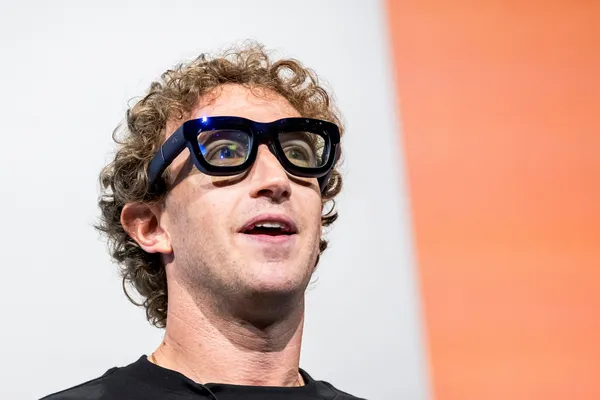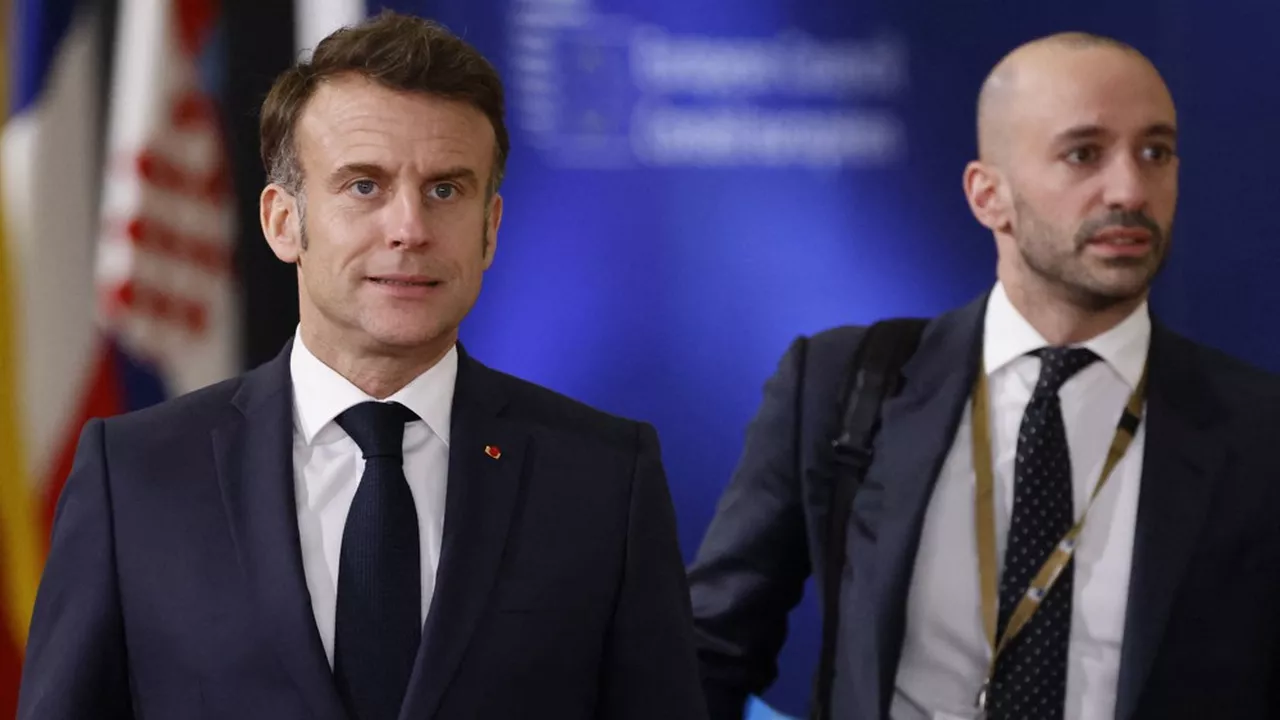Zuckerberg’s Bold $100 Million AI Talent Strategy Is Starting to Pay Off
Meta CEO Mark Zuckerberg shocked the tech world with AI job offers reaching $100 million in total compensation. Months later, the high-risk, high-reward bet is yielding results, strengthening Meta’s standing in the competitive AI arms race.
In a fierce and escalating battle for artificial intelligence supremacy, Mark Zuckerberg took a bold and controversial step: offering compensation packages of up to $100 million to lure the world’s top AI researchers and engineers to Meta. At the time, many saw it as an audacious gamble—one that risked inflating the AI job market and drawing political scrutiny over Silicon Valley’s power concentration. Months later, **the bet appears to be paying off.
**
Meta has rapidly closed the gap with rivals like OpenAI, Google DeepMind, and Anthropic, rolling out frontier models such as LLaMA 3, expanding its open-source ecosystem, and building what some insiders call one of the most elite AI teams in the world. The $100 Million Moment
News of the massive offers first broke in early 2024, when multiple sources reported Meta was offering not just equity and bonuses, but guaranteed cash salaries and retention deals that totaled up to nine figures. Some were offered to defectors from rival labs; others to fresh PhDs with exceptional promise.
Zuckerberg, facing internal pressure to prove Meta's long-term vision beyond social media, greenlit the aggressive hiring spree as part of a broader pivot to AI infrastructure, products, and research. Why It Worked
1. Open Source Focus: While OpenAI and Google have increasingly closed off their models, Meta’s commitment to open-source releases attracted researchers who wanted to publish, collaborate, and innovate in public.
2. Autonomy and Resources: Meta’s AI division, now operating under the Reality Labs and GenAI umbrellas, gave engineers broad latitude to work on multimodal systems, AGI experimentation, and real-time inference optimizations with virtually unlimited compute access. 3.
Long-Term Incentives: Rather than focus on short-term ROI, Meta has tied AI compensation to longer strategic goals, offering talent more than just high pay—offering influence. What Meta Got in Return
- LLaMA 3 and Beyond: Meta’s latest large language models, released open-source, received wide praise for performance, transparency, and research contributions. The company is now working on LLaMA 4.
- Massive Model Efficiency Gains: Top hires helped reduce training and inference costs, making AI deployment cheaper across Facebook, Instagram, and WhatsApp. - Talent Drain From Competitors: Several prominent engineers left OpenAI and DeepMind for Meta, weakening rival pipelines and boosting Meta’s credibility. Industry Reactions
The reaction has been mixed.
Some see it as a natural progression of the AI talent wars—others, as dangerous precedent. > “When you pay that much for talent, it stops being about compensation and starts being about control,” said Sarah Lange, a tech policy fellow at Stanford. Still, even critics acknowledge that Meta’s move has shaken the power dynamics of AI leadership.
Zuckerberg’s Gamble, Redefined
For years, Zuckerberg was mocked for his metaverse ambitions. But by pivoting Meta’s vast infrastructure and R&D machine toward AI—and aggressively hiring the best minds—he’s repositioned the company as a serious contender in next-gen computing. Even as regulators scrutinize AI monopolization and antitrust actions loom, Meta’s AI investments have become a core part of its long-term survival strategy.
Conclusion: Big Bets, Big Payoffs
Zuckerberg’s $100 million AI hiring strategy reflects a fundamental truth of today’s tech world: in AI, talent is everything. By acting early, boldly, and at scale, Meta has built momentum that’s difficult to replicate. While the full returns of this talent strategy may take years to realize, one thing is clear—Zuckerberg’s move has turned heads, shifted alliances, and put Meta back in the conversation not just as a social media empire, but as an AI powerhouse for the next decade.




